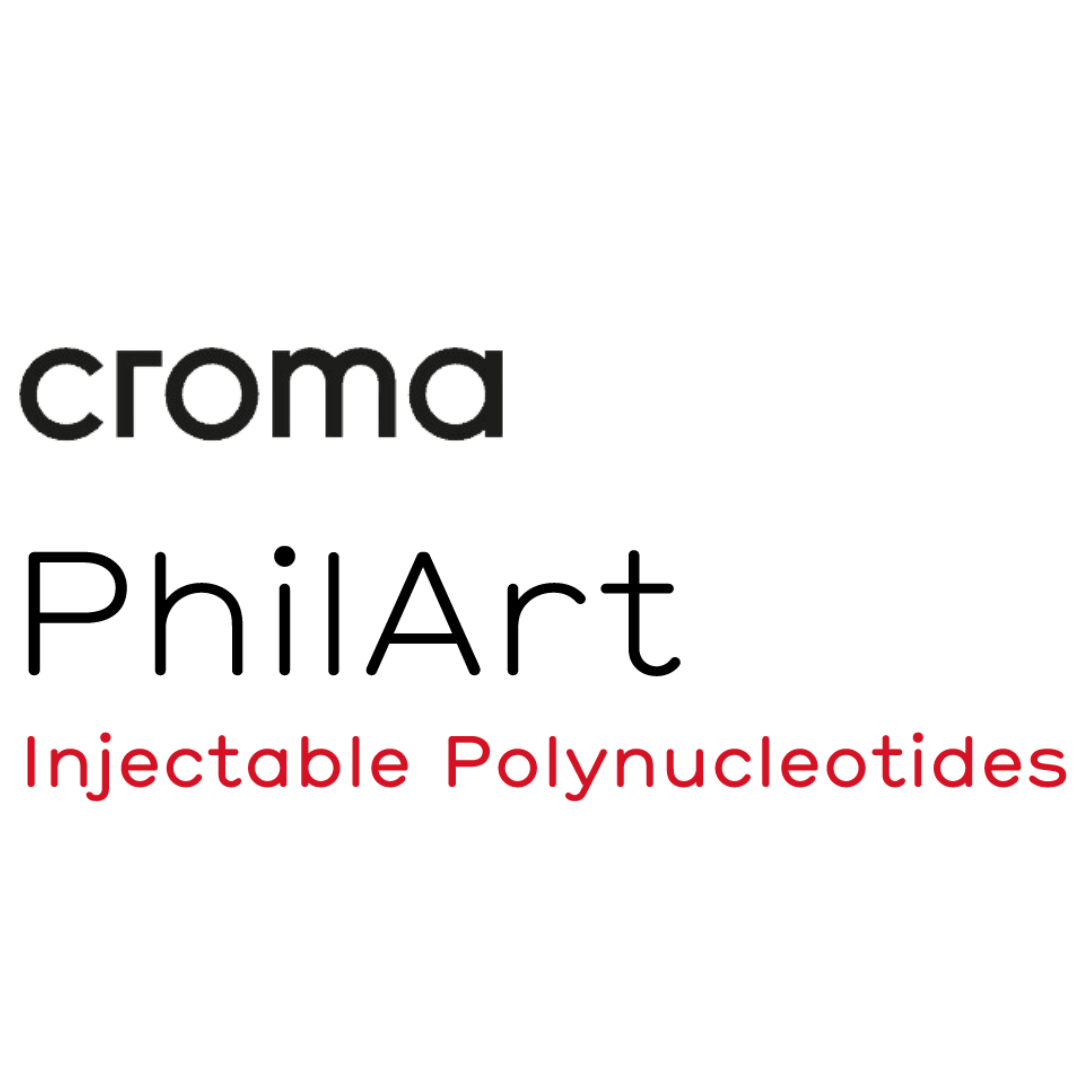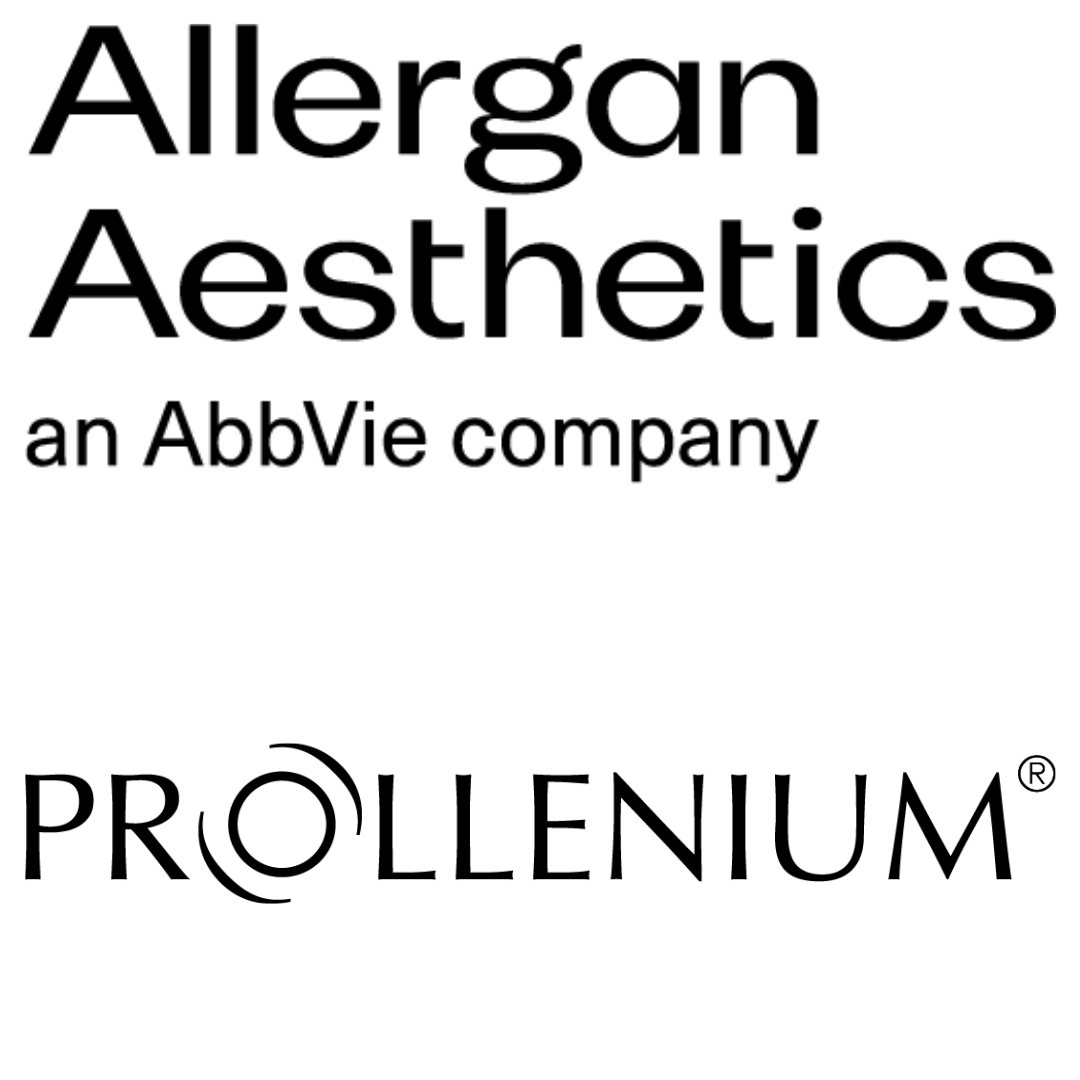2016 Cosmetic Regulations In Scotland: What Do They Mean For You?

Cosmetic regulations are coming to Scotland. To avoid ‘border tourism’, the rest of the UK is recommended to follow suit. So, even if your clinic is not in Scotland, it is more important than ever that you stay ahead of the changes.
What is happening?
From April 2016, all cosmetic clinics in Scotland will be legally required to register with Healthcare Improvement Scotland (HIP). This new requirement covers all ‘independent clinics’. This includes nurses who rent out private rooms or treat people in their own homes, private businesses that offer aesthetic treatments by medical professionals and private dentists whose practice is entirely independent of their local health board.
Full details of who should register can be found on the HIP website.

What does this mean in practice?
In the immediate term, this might not make much difference to the average cosmetic practitioner in Scotland, beyond incurring a registration fee. The biggest change, if you are offering services from an NHS-independent location, will be that from April your clinic will be inspected regularly, like any other NHS service.
The new regulations will also ensure that independent clinics are formally accountable for their services. If patients have complaints about the quality of their care, they will be able to take them straight to HIP, who may then take enforcement action to ensure that the relevant clinic complies with National Standards.
Why is this important?
Mandatory registration is the first in a ‘three-phase approach to introducing regulation of cosmetic procedures’ recommended by a Scottish Cosmetic Interventions Expert Group report in July 2015.
In the same report, the expert group admitted that it was currently impossible to get a sense of the scale of the cosmetic intervention industry in Scotland – or indeed anywhere in the UK – owing to a lack of any official data.
The group’s other recommendations included implementing the HEE guidelines for cosmetic training.
What about phases two and three?
Phase one only affects registered medical professionals who perform non-NHS work.
Phase two will extend regulation to encompass all professionals who perform cosmetic procedures, including beauticians and beauty therapists.
This will be achieved with at least one of the following changes: (a) allowing only registered healthcare professionals who have achieved an expert standard of training to perform certain high-risk cosmetic procedures (especially dermal fillers), (b) extending mandatory registration to all cosmetic practitioners, including beauticians and beauty therapists.
Phase three makes some further allowances for other kinds of medically trained professionals. For example, a clinical scientist who has not had comprehensive cosmetic training, but whose specific technical proficiency in a particular service, such as laser treatments, would allow them to practice legitimately from an independent clinic.
What should I do about this?
Register for HIP updates as soon as possible. Whether your clinic is in Scotland or the rest of the UK, it is also important to ensure that you can prove that you “have acquired the necessary additional skills and expertise” as set out in the aforementioned SCIEG report, by training in accordance with HEE guidelines.
All information correct at the time of publication. Last updated: 4 December 2020












